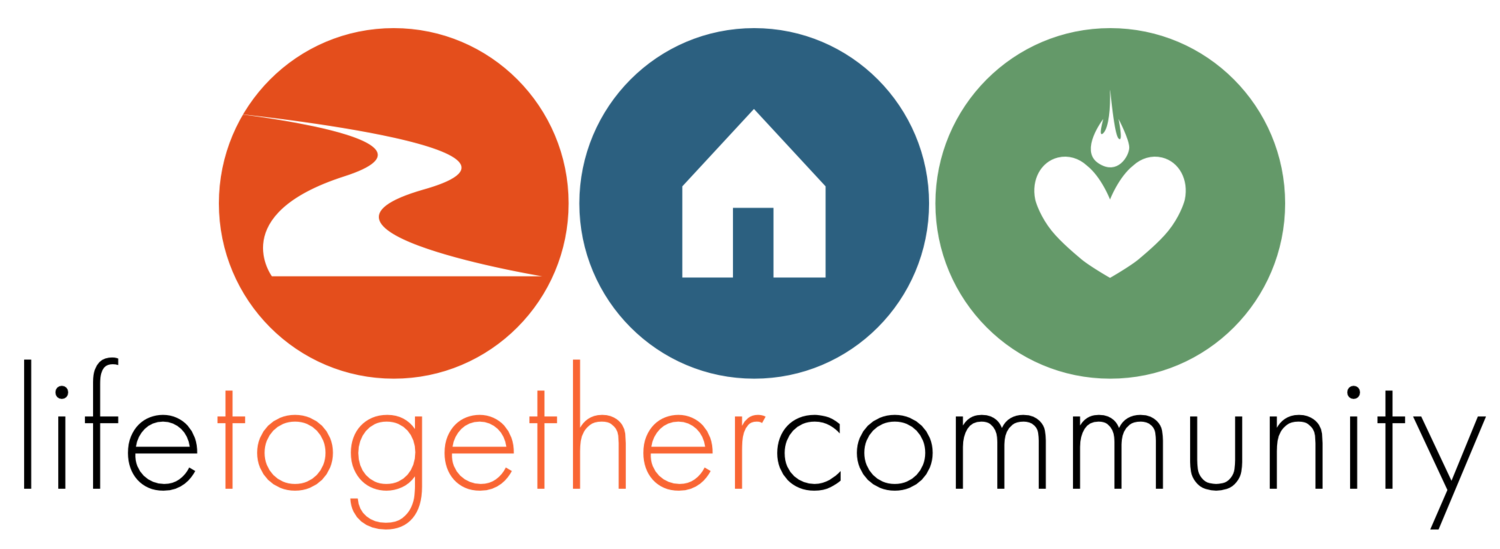I came to Life Together as an agnostic, disillusioned Southern Baptist preacher’s kid, who over the course of the summer of 2012 had both graduated from Oklahoma Baptist University and been confirmed in the Episcopal Church. Life Together caught me at the time when I needed it most. Finding myself in transition from church and college life, the community that I found in Boston was grounding.
Being an Oklahoman is a source of pride, and I love our state motto, “Labor omnia vincit”. It is easy to believe that labor does indeed conquer all things while growing up in a small town, feeding cattle before getting on the bus to go to school every morning, and chopping down mesquite trees in pastures. But that is a lie we sometimes tell ourselves here in the Sooner state. A continuation of some dream of rugged individualism that bears little resemblance to our actual history. Labor conquers some things, but there is so much I can’t achieve on my own.
As my time in Life Together progressed, I saw that I needed my community. My work at Project Bread showed me what the impact of a community can mean for people experiencing food insecurity. At every turn I was being shown examples of people living together in community in ways that I had never taken the time to notice before. But I also realized my tendency toward being alone and struggled to find a way to join in the great work in which Life Together fellows are able to participate. I sometimes found myself wishing that I could be a better organizer, that I could somehow overcome my enneagram five-ness. In my community at Life Together and at Project Bread, I learned to value the importance of my own work and my own skills.
Following Life Together, I stayed in Boston to work as a database assistant at Project Bread. It is tempting to say that I taught myself data analysis and database management, but I’m more capable of seeing now the support I received that enabled me to have those opportunities. My boss was consistently willing to teach me and to explain processes to me. My coworkers encouraged me and let me know that my work was valuable. Now that I’m back home in Oklahoma, managing a database at a hospital foundation, I am continually reminded of my community in Boston. When I am tempted to isolate myself, I remember their encouragement, support, and the challenge and reward of relying on more than yourself. Labor may conquer all things, but without community I know I can’t continue to work toward justice in our world.

